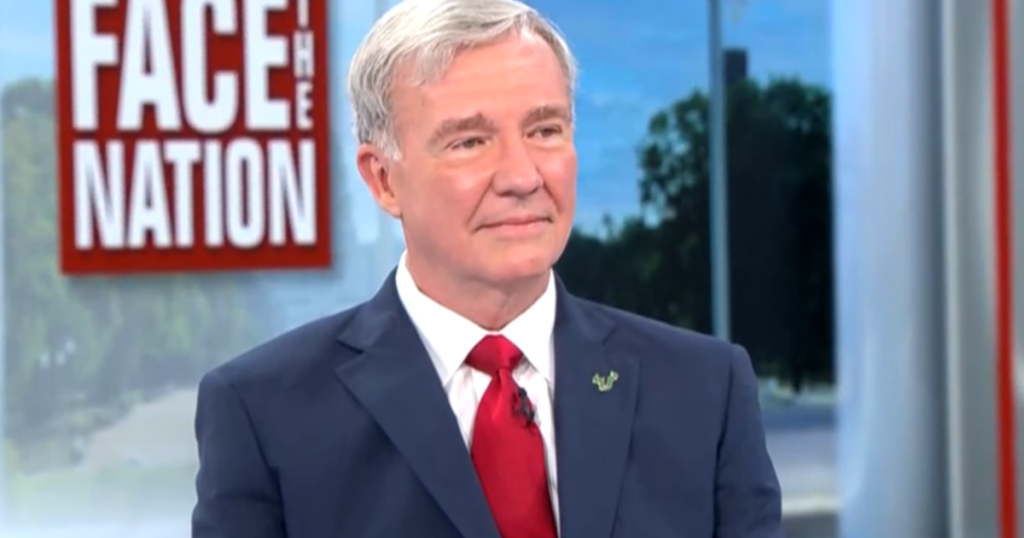In a recent interview with former commander of U.S. forces in the Middle East, General Frank McKenzie discussed various ongoing flashpoints in the region. He expressed concerns about America’s presence in the Middle East, highlighting the need for the U.S. to remain actively engaged in the region as an honest broker. General McKenzie specifically addressed the situation in Yemen, where the U.S. recently used a bunker buster bomb in response to Houthi attacks on shipping. He emphasized the importance of targeting the source of the attacks in Yemen to effectively address the threat posed by the Houthis.
General McKenzie also reflected on his role in significant national security decisions, such as the killing of ISIS commander Baghdadi and the withdrawal from Afghanistan. He criticized the Doha Agreement negotiated by the Trump administration, describing it as a major negotiating mistake that ultimately led to the destruction of the Afghan government. He noted that both President Trump and President Biden shared a policy objective of leaving Afghanistan, regardless of the consequences, which ultimately contributed to the chaotic withdrawal from the country.
During the interview, General McKenzie discussed his near-resignation following a drone strike in Afghanistan that resulted in civilian casualties. He explained his rationale for not resigning over policy differences and emphasized the importance of generals not resigning on such grounds. General McKenzie also highlighted the challenges of presenting options to the commander-in-chief and the political calculations that presidents must make in balancing internal political objectives with global events. He underscored the need for transparency and honest communication with the president in advising on national security decisions.
General McKenzie touched on the issue of presenting selective information to the commander-in-chief and the internecine bickering and finger-pointing that occurred within the Pentagon. He described the period between the presidential election and the inauguration as a dangerous time within the Pentagon and emphasized the non-political role of the U.S. military in responding to orders from the chain of command. General McKenzie stressed the importance of understanding the chain of command and the distinction between those who can give orders and those who can offer opinions.
Overall, General McKenzie’s interview shed light on key national security decisions and challenges faced in the Middle East and within the U.S. government. His insights into policy decisions, military strategies, and interagency dynamics provided valuable perspectives on the complexities of navigating security challenges in the region and the importance of transparency and accountability in advising the commander-in-chief.


